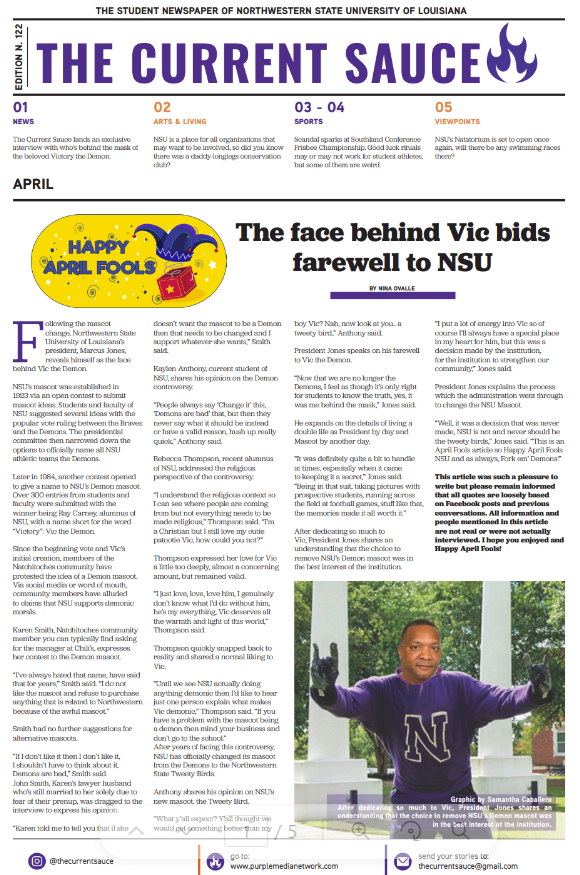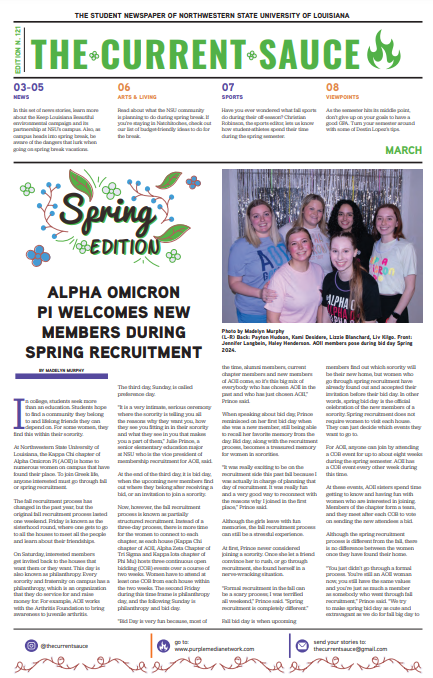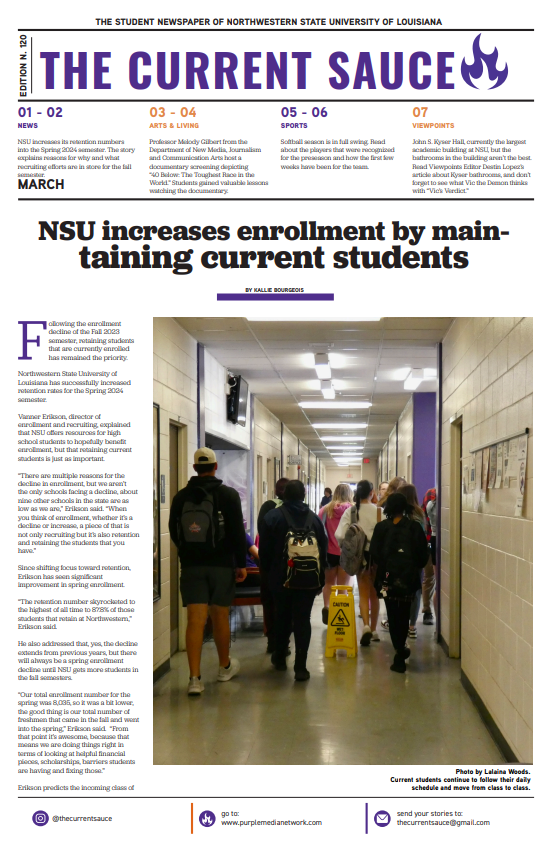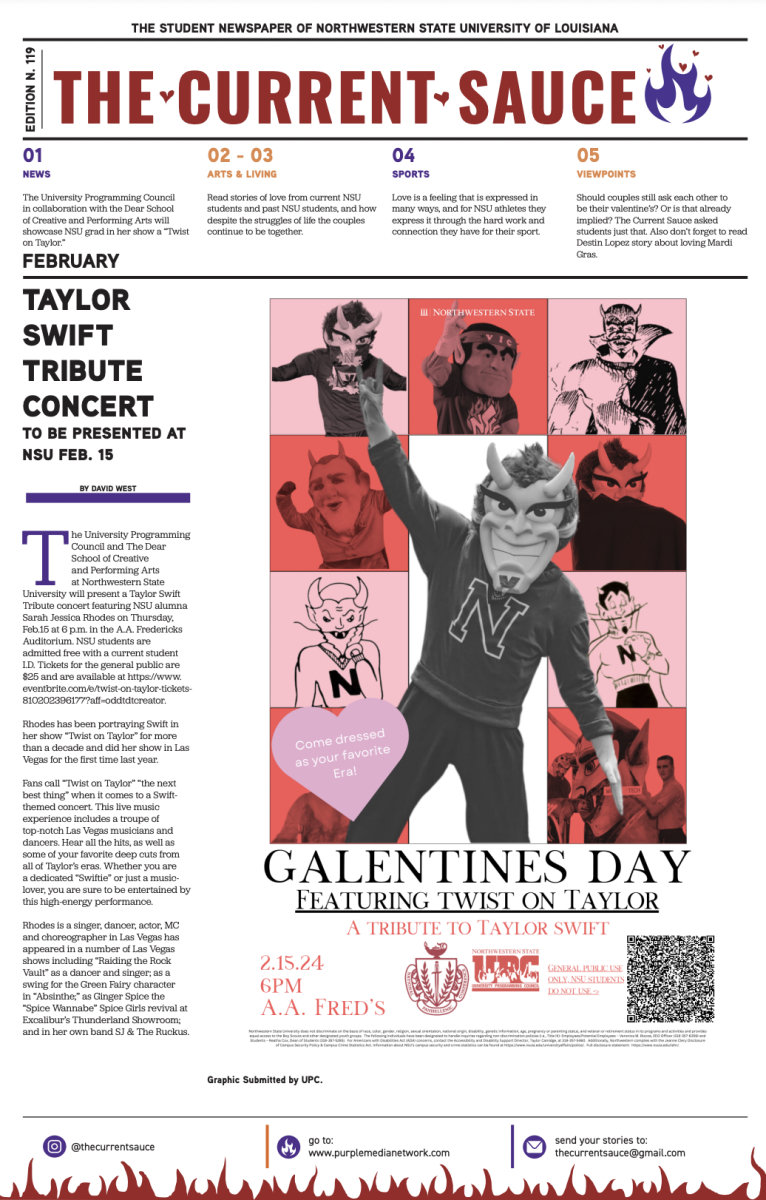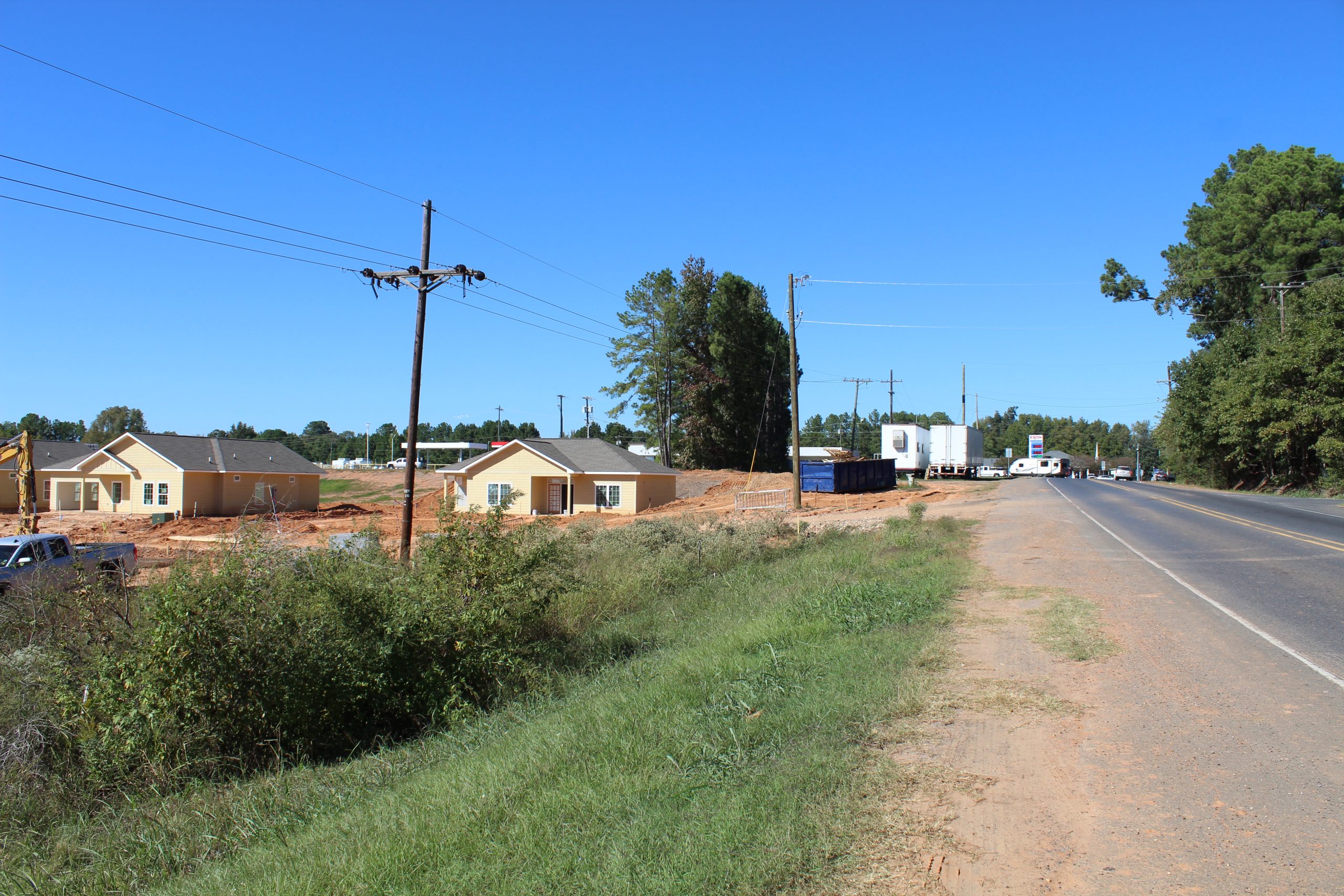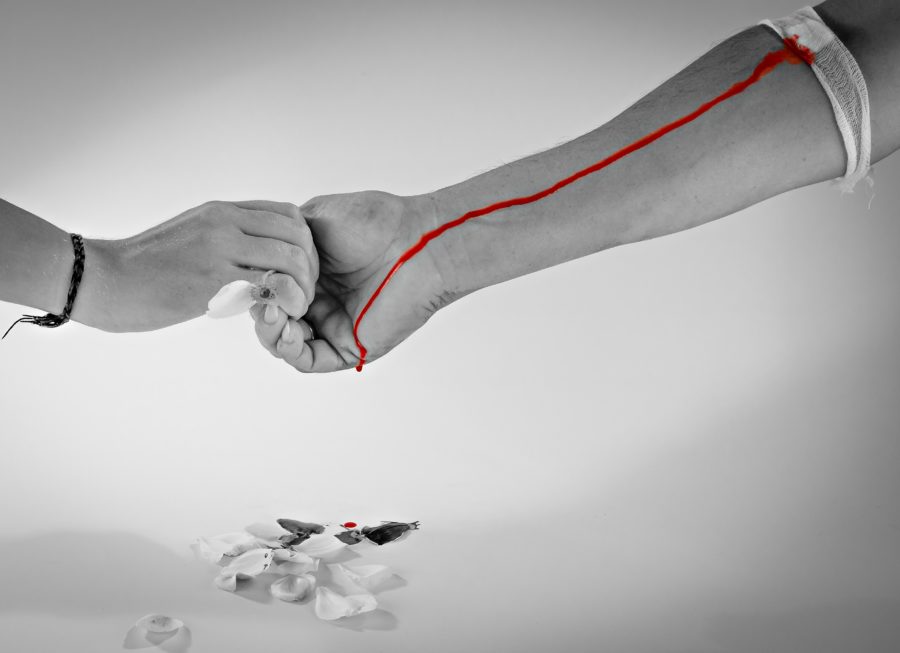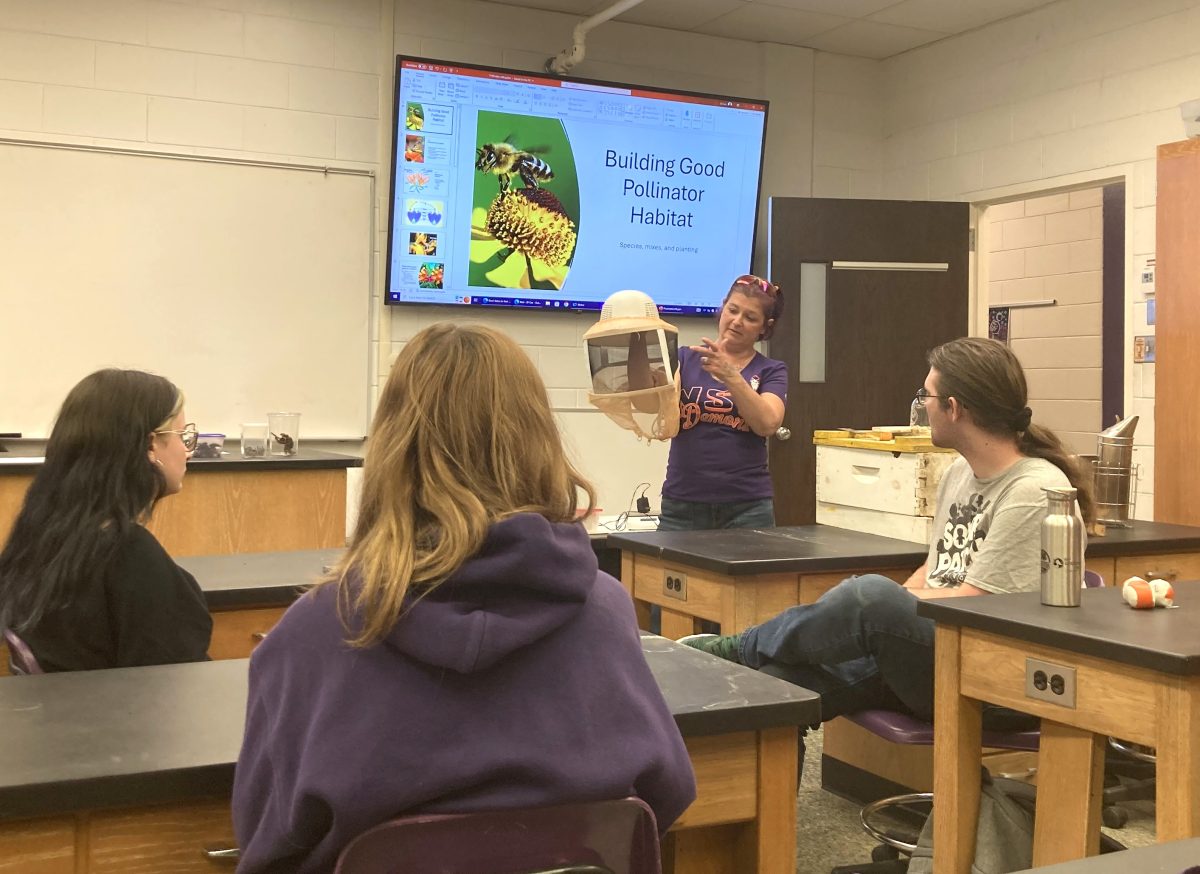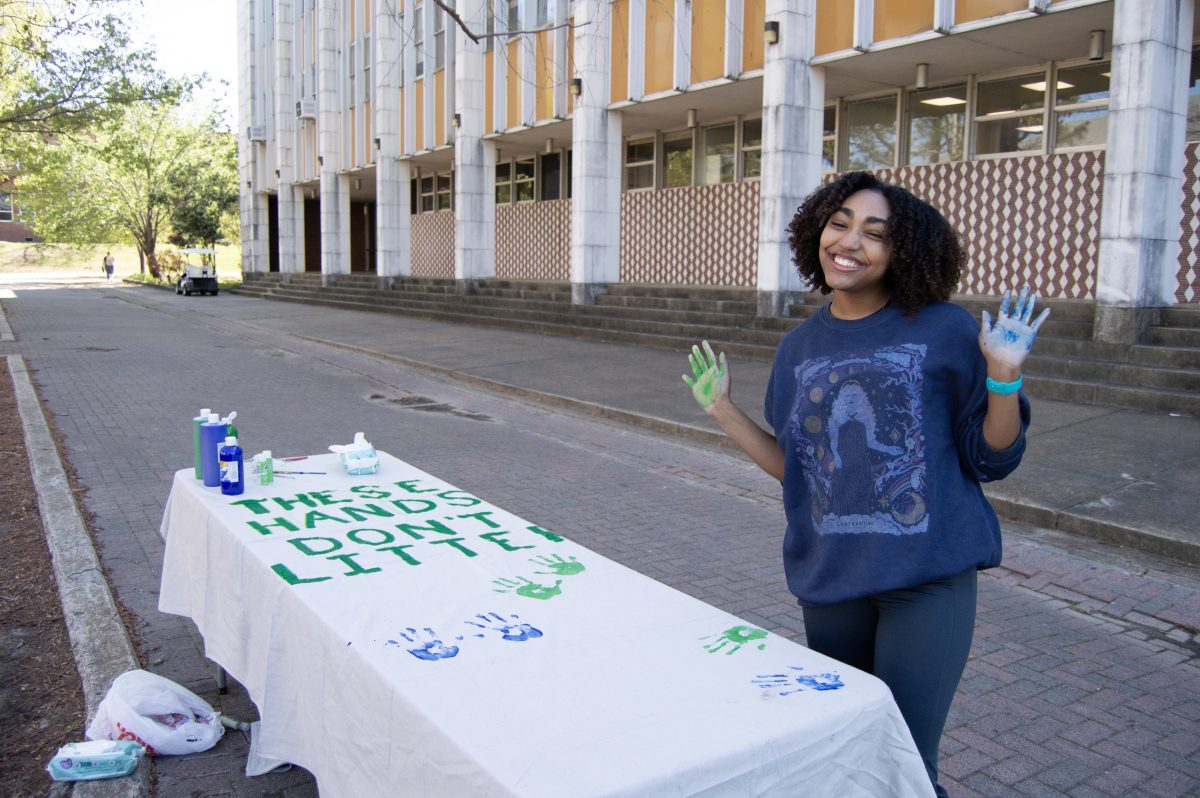According to the 2016 Centers for Disease Control and Prevention STD Surveillance report, Louisiana stands as the state with the second-most cases of chlamydia and gonorrhea, and ranks first in primary, secondary and congenital syphilis cases.
The CDC presented the Louisiana Department of Health with a $550,000 grant aimed at actions regarding congenital syphilis in November 2017. The grant, given to several states and varying in value, follows a record all-time high cases of the sexually transmitted diseases chlamydia, gonorrhea and syphilis in 2017, numbering more than two million throughout the United States.
Congenital syphilis occurs when a mother passes on syphilis to her child, which, if the infection does not cause problems with the pregnancy such as miscarriage, makes the child susceptible to deformities and neurological conditions.
To decrease the number of congenital syphilis cases in the state, physicians and care providers were mandated by law beginning in 2014 to offer testing for syphilis and HIV at a patient’s first prenatal visit and at her first prenatal appointment during the third trimester of pregnancy.
Though data for Louisiana has not yet been finalized, the third Quarterly Report of 2017, issued in September, showed 537 cases of primary and secondary syphilis and 485 cases of early latent syphilis, compared to totals of 750 and 568 in 2016, respectively.
While 71 percent of early syphilis cases in Louisiana were male, the number of cases reported nationally were higher among women than men, especially in women 20 to 24 years of age.
The CDC grant will be used under the Louisiana Department of Health’s STD/HIV Program to improve data collection and resources across the state, especially in areas showing higher numbers of infection such as Orleans and East Baton Rouge parishes.
The CDC says young adults, especially, are at a higher risk for contracting STDs due to “behavioral, biological, and cultural reasons.” More than one million cases of chlamydia – out of 1.6 million total – were reported in the 15-24 age group.
Chlamydial and gonorrheal infections, along with latent stage syphilis, usually show no symptoms or begin to show symptoms after a few weeks. Syphilis is typically indicated by chancre sores in the primary stage and rash and fever in the secondary stage.
All three – chlamydia, gonorrhea and syphilis – can be treated and cured with antibiotics but can result in serious medical consequences if left undiagnosed, including pelvic pain and infertility. Untreated STDs can also increase risk for contracting or spreading HIV.
The CDC suggests yearly STD tests each year for sexually active individuals.
NSU’s Health Services provides free testing on the Natchitoches campus to those that pay the Health Services fee. They can currently test for chlamydia, gonorrhea and HIV, and are looking to add testing services for syphilis in the future.
The Natchitoches Parish Health Unit located at 625 Bienville Street additionally offers STD and HIV testing.


